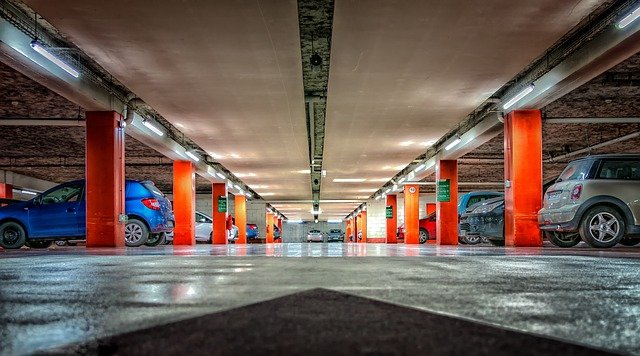Throughout New York, the coronavirus pandemic clearly illustrated something that many in overburdened communities have long understood: There is a direct correlation between our health and our air quality.
Poor air quality has led to disproportionately high rates of respiratory and heart disease in frontline communities, increasing their vulnerability to viruses like COVID-19. Dirty air from diesel trucks and other sources will continue to harm these communities long after the pandemic ends.
Fortunately, state authorities have at their fingertips an effective tool for cleaning up the state’s air. The Department of Environmental Conservation is currently considering the Advanced Clean Trucks rule, a policy that would serve as a critical first step in jumpstarting the transition from highly polluting diesel trucks to zero-emissions electric trucks.
The rule — which would require manufacturers to gradually produce and sell an increasing percentage of zero-emission trucks by 2035 — would be a simple way for the new Hochul administration to show that it is serious about addressing the air pollution impact of freight.
A recent report by M.J. Bradley & Associates shows that roughly 684,000 medium- and heavy-duty trucks travel more than 11.5 billion miles every year in New York, and are together responsible for 52 percent of the nitrogen oxide and 45 percent of the particulate matter emitted by on-road vehicles. Much of New York currently fails to meet federal air quality standards for ozone, and the New York metropolitan area failed to attain federal ambient air quality standards.
The equity and health impacts of these emissions could not be more clear. A recent study found significant disparities in urban areas in exposures to nitrogen dioxide, a precursor to dangerous ozone pollution, for communities of color and low-income communities, and concluded that “diesel traffic is the dominant source of NO2 disparities, and that a 62 percent reduction in diesel emissions would decrease race-ethnicity and income inequalities by 37 percent.”
The diesel trucks that travel along freeways, and between warehouses and freight centers near communities of color, are taking a severe toll on the respiratory and cardiac health of some of the state’s most vulnerable residents. Low-income communities and communities of color in New York City, for instance, are disproportionately affected by poor air quality due to historic discrimination in access to housing and racist land-use planning that placed polluting infrastructures and facilities in Black and brown neighborhoods. Environmental justice communities throughout the five boroughs — like Hunts Point in the South Bronx and Sunset Park and south Williamsburg in Brooklyn — are considered pollution “hotspots,” characterized by highways, industry, intense trucking activity, and a lack of green space.
Adding to the injustice, air quality is expected to deteriorate as climate change worsens, further harming the very communities that have some of the lowest carbon emissions per capita in the country.
Speaking of climate, trucks that would be regulated by the Advanced Clean Trucks rule currently contribute nearly one-quarter of the greenhouse gas emissions from the entire transportation sector, despite accounting for just 12 percent of vehicles on the state’s roads. As such, the rule aligns with climate recommendations for New York and can help the state achieve our legally mandated greenhouse gas emissions reductions. Paired with incentives for fleet owners and stronger air pollution controls currently being developed at the federal level, as well as labor protections, the Advanced Clean Trucks rule can improve New York’s highways, clear the air and promote well-paying jobs.
By adopting the clean trucks rule, the Hochul administration has a clear and simple opportunity to prove its commitment to cleaner air and a more equitable, pollution-free transportation future. New Yorkers living in environmental justice communities throughout the state are counting on the state to phase out the dirty diesel trucks that are wreaking havoc on their health. The Advanced Clean Truck rule is the best tool we have to address deadly truck pollution today.
Kevin Garcia is a transportation planner with the NYC Environmental Justice Alliance. Alok Disa is a senior policy analyst with Earthjustice.
